World this week







Just a week before the deadline, Britain and the European Union struck a tentative free-trade deal that should avert economic chaos on New Year's and bring a measure of certainty for businesses after years of Brexit turmoil. The deal, reached after nine months of negotiations, would ensure Britain and the 27-nation bloc can continue to trade in goods without tariffs or quotas after the UK breaks fully free on New Year's Day. "We have taken back control," declared British Prime Minister Boris Johnson, who posted a picture of himself, beaming with thumbs up.
"It was a long and winding road but we have got a good deal to show for it," European Commission President Ursula von der Leyen said. "It is fair, it is a balanced deal, and it is the right and responsible thing to do." The British and European parliaments must both vote on the agreement, though the latter may not happen until after the UK leaves the EU's economic embrace.
Chinese regulators announced an anti-monopoly investigation of e-commerce giant Alibaba Group, stepping up the ruling Communist Party's efforts to control fast-growing tech industries. President Xi Jinping's government worries about the dominance of companies such as Alibaba, the world's biggest e-commerce company by sales volume, and Tencent Holding, operator of the popular WeChat messaging service and Asia's most valuable tech company. Regulators appear to be especially concerned about controlling private sector companies that are expanding into online banking at a time when Beijing is trying to reduce financial risks.
The ruling party says anti-monopoly enforcement, especially in tech industries, will be a priority next year. Since early November, regulators have tightened the reins by suspending the stock market debut of an online finance platform affiliated with Alibaba and summoned industry executives to warn them against trying to suppress competition.
Some 20 African migrants were found dead after their smuggling boat sank in the Mediterranean Sea while trying to reach Europe, Tunisian authorities said. Five survivors were rescued and the Tunisian navy was searching for up to 20 others still believed missing, as this report was filed. Tunisian coast guard boats and local fishermen found and retrieved the bodies in the waters off the coastal city of Sfax in central Tunisia, Defence Ministry spokesman Mohamed Ben Zekri told The Associated Press.
According to survivors, the migrant smuggling boat was carrying about 40 or 50 people heading toward Italy, Ben Zekri said. The boat was overloaded and in poor condition, and faced strong winds Thursday morning (Dec 24) that may have contributed to the sinking, said National Guard spokesman Ali Ayari. It was carrying migrants from sub-Saharan Africa, he told The AP. More than 1,100 migrants have died or disappeared in the Mediterranean this year, according to the IOM.
More than 100 people were killed in the latest massacre along ethnic lines in western Ethiopia, the Ethiopian Human Rights Commission said. The attack in Metekel zone of Benishangul-Gumuz region occurred a day after Prime Minister Abiy Ahmed visited the region and spoke about the need to end such massacres. Ethnic tensions are a major challenge as he tries to promote national unity in a country with more than 80 ethnic groups.
Amnesty International, which spoke with five survivors, said members of the ethnic Gumuz community attacked the homes of ethnic Amhara, Oromo and Shinasha, setting them on fire and stabbing and shooting residents. The Gumuz see minorities as "settlers," the rights group said. The attacks are separate from the deadly conflict in Ethiopia's northern Tigray region, where Ethiopian forces and allied regional forces began fighting Tigray regional forces in early November.









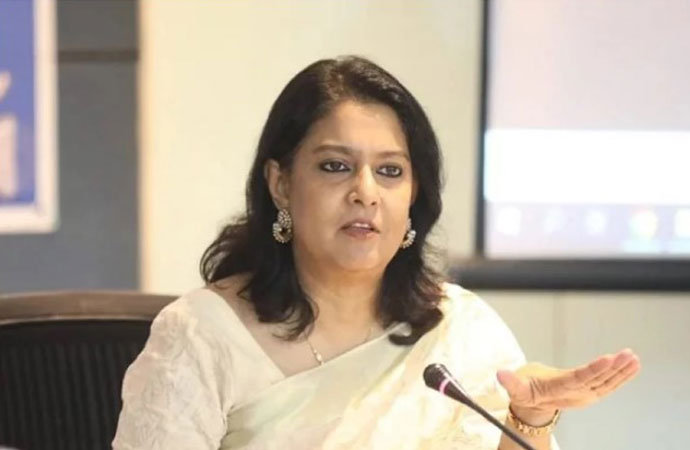
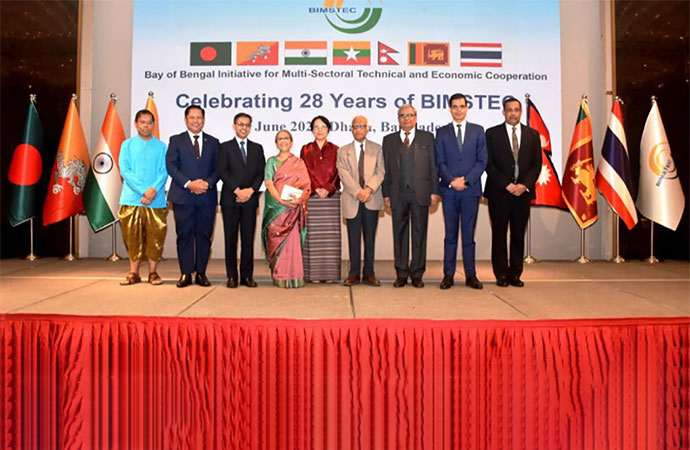








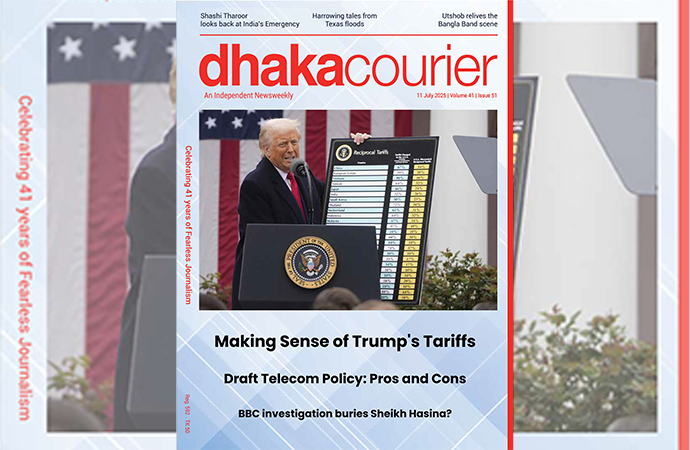
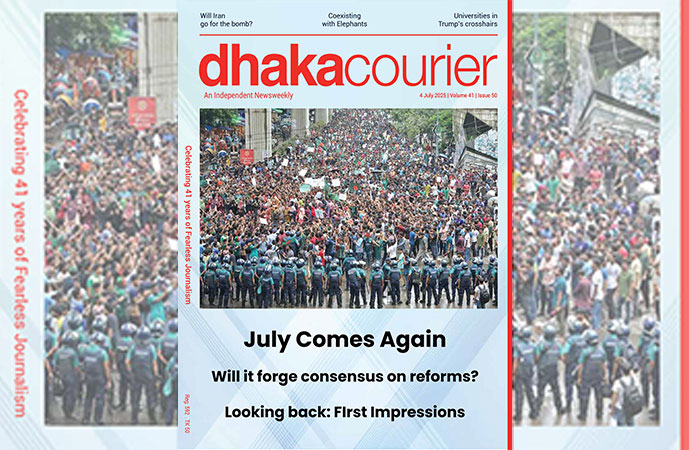
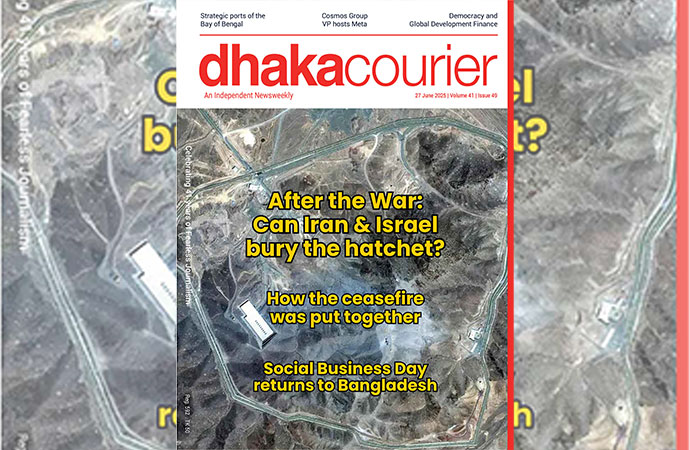
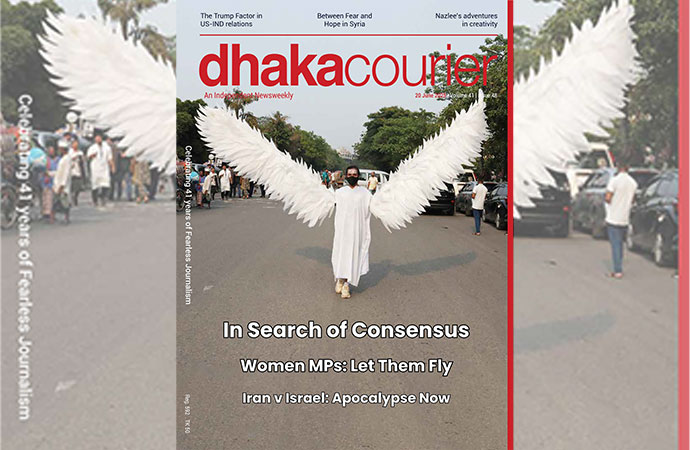
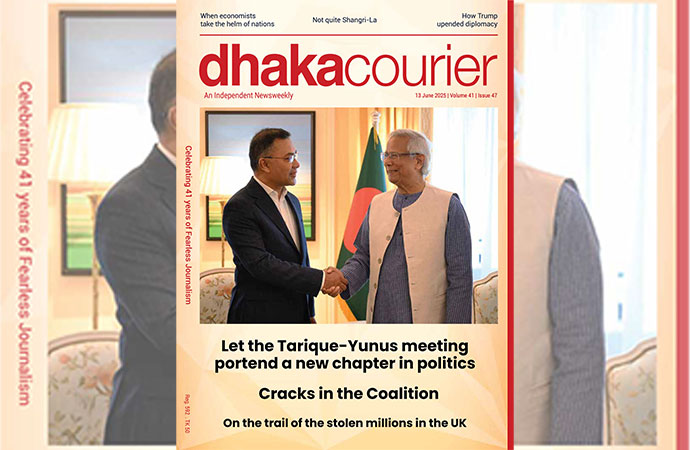
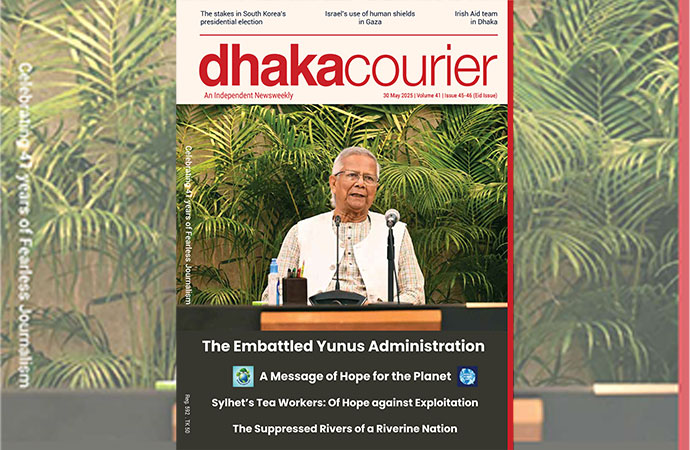
Leave a Comment
Recent Posts
‘Married to Journalism’: Adieu ...
The journalist community of the country united this week in bidding go ...
Reimagining the OST: ‘Utshob’ ...
One of the most successful Bangladeshi films in recent years, 'Uts ...
Harrowing stories of rescue emerge from Texas floods ..
The Resilience of World Trade
Heeding the Lessons of India’s “Emergency”
Sunamganj’s age-old boat market struggles as monsoon ..